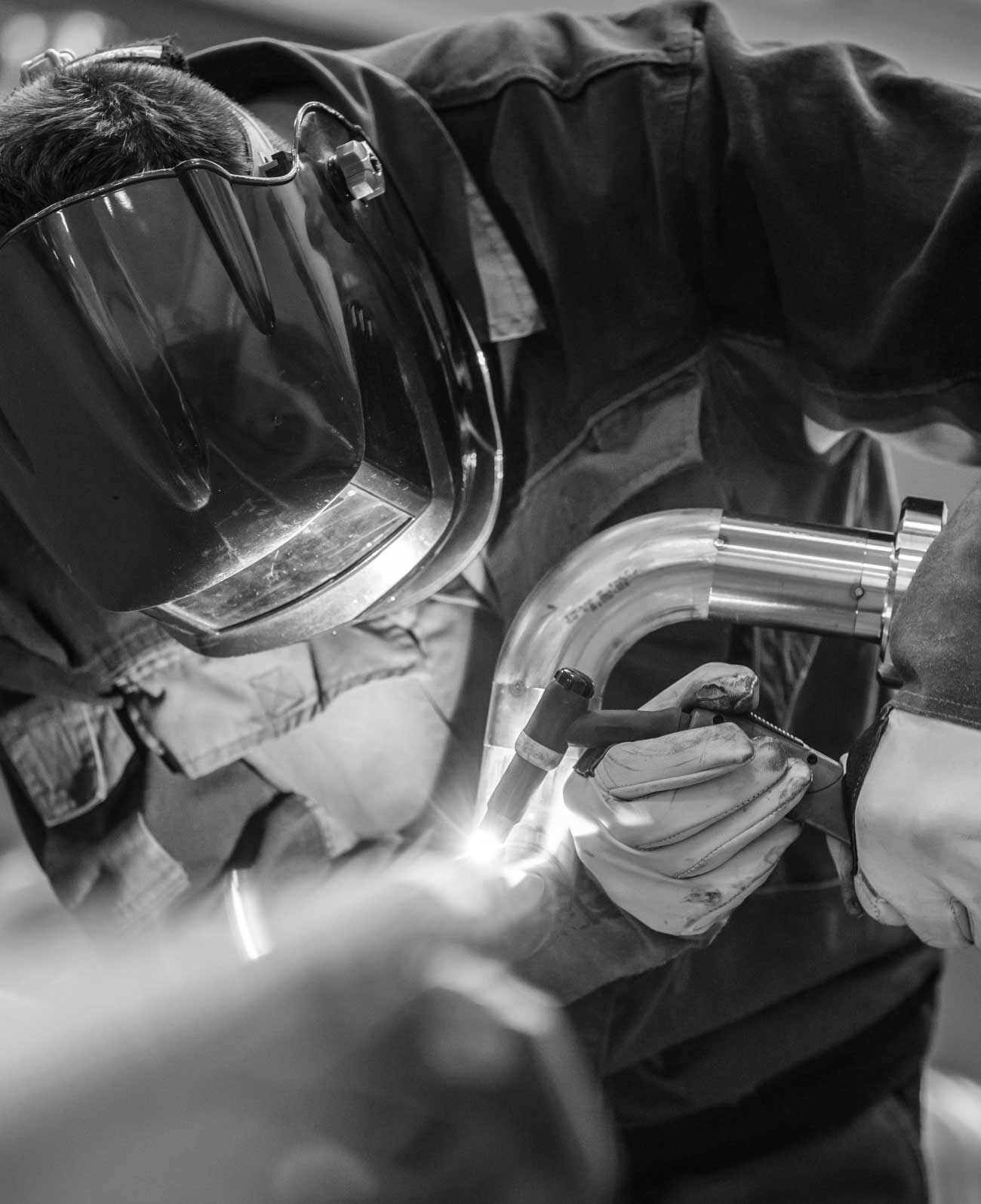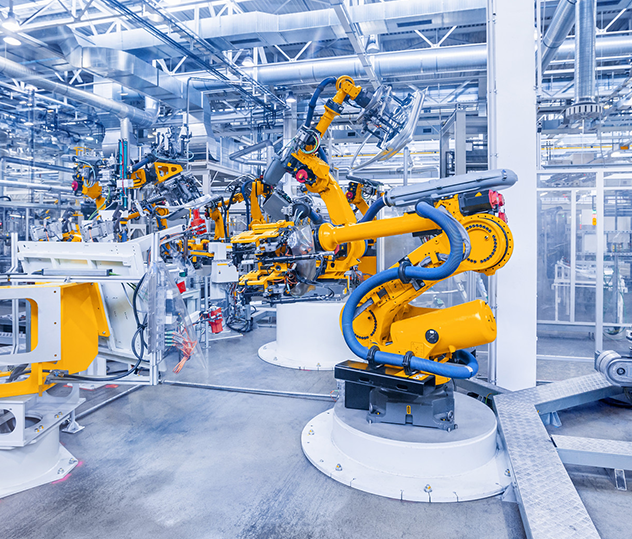
Development Trends and Challenges of Precision Tool Manufacturing: From Intelligence, Automation to Digitalization
Precision tool manufacturing refers to the industry that uses high-precision mechanical, electronic, optical and other technologies to produce tools and equipment that can meet specific functional and performance requirements. Precision tool manufacturing has a wide range of applications in aerospace, automotive, medical, energy and other fields, and is an important force for promoting scientific and social development.
With the continuous innovation of technology and the constant change of market, precision tool manufacturing also faces new development trends and challenges. Among them, intelligent, automated and digital are three main directions.
“Intelligent”
Intelligent refers to the use of artificial intelligence, Internet of things, big data and other technologies to improve the intelligence level of precision tool manufacturing, achieve intelligent design, intelligent manufacturing, intelligent detection, intelligent control and intelligent optimization of tools and equipment. Intelligence can improve the efficiency, quality and flexibility of precision tool manufacturing, adapt to diversified and personalized market demand, enhance competitiveness and innovation.



Automation
Automation refers to the use of robots, sensors, actuators and other technologies to achieve the automation level of precision tool manufacturing, reduce human input, lower cost and risk, improve safety and reliability. Automation can solve the repetitive, high-intensity and high-risk work in precision tool manufacturing, alleviate the problem of talent shortage and aging, improve productivity and stability.

Digitalization
Digitalization refers to the use of cloud computing, 5G, blockchain and other technologies to achieve the digitalization level of precision tool manufacturing, achieve digital modeling, digital simulation, digital traceability and digital management of tools and equipment. Digitalization can improve the transparency, traceability and collaboration of precision tool manufacturing, achieve data collection, analysis and optimization for the whole life cycle, support decision-making and innovation.
The above three directions are interrelated and mutually reinforcing, together forming the future development direction of precision tool manufacturing. However, in the process of achieving these directions, there are also some challenges and difficulties, such as the lack of technical standards, data security protection, talent training gap and so on. These problems need to be solved by strengthening research and development investment, promoting policy support, strengthening industry cooperation and other measures.
In summary, precision tool manufacturing is a dynamic and potential industry that faces development trends and challenges from intelligent, automated to digital. Only by constantly adapting to changes and innovating breakthroughs can we seize opportunities and win the future.






Leave a Reply